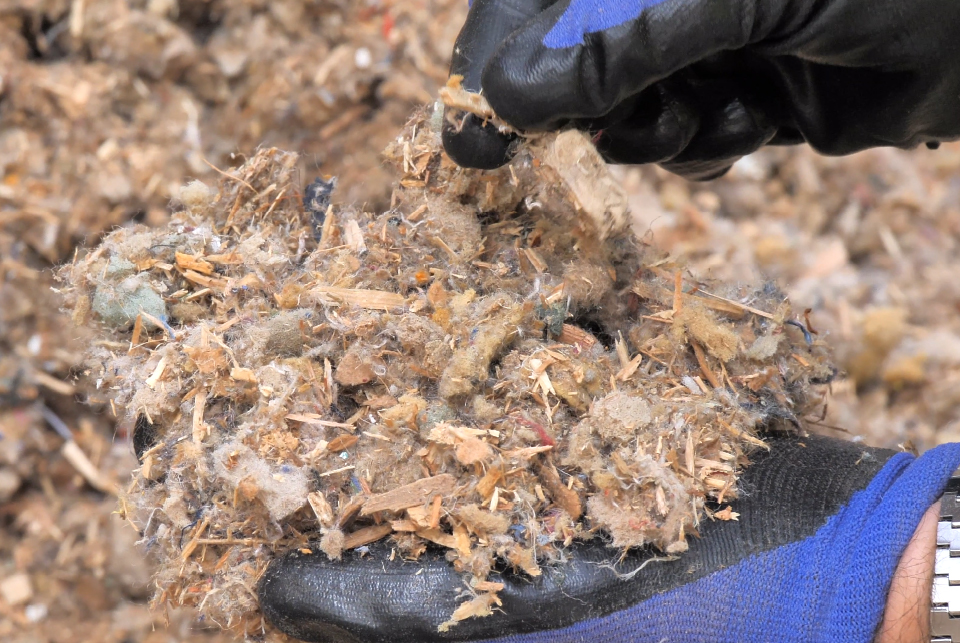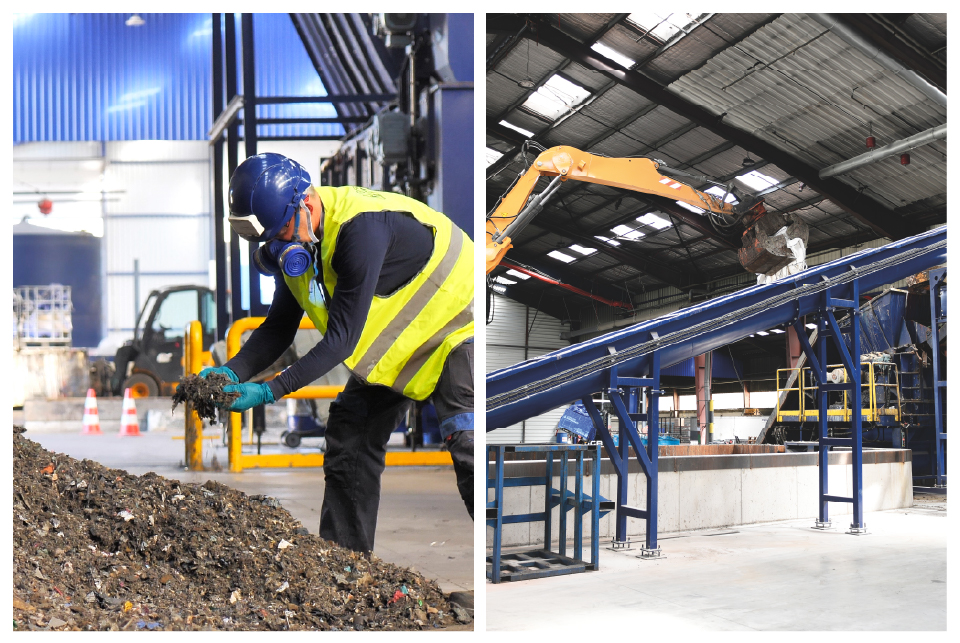Alternative fuels for the energy transition

Achieving carbon neutrality by 2050 implies profound changes in the lifestyles and consumption patterns of each and every one of us. For companies, it demands a review of production methods with a drastic reduction in the use of fossil fuels. Industrial sectors are particularly concerned by the ecological and energy transition.
From waste to alternative fuels
Transforming waste into an energy resource is part of the virtuous circle of the circular economy and has undeniable environmental advantages:
- limiting the amount of waste intended for landfill, for which only energy recovery is possible.
- 100 % recovery of waste used for the manufacture of substitute energy fuel and solid recovered fuel.
- these fuels are a substitute for fossil fuels and are highly energy efficient.
- their use makes it possible to decarbonise industries that are heavy consumers of fossil fuels, particularly oil. These include cement factories.
Solid recovered fuel (SRF)
Solid recovered fuel is made from non-hazardous waste that cannot be recycled by other means: paper, cardboard, plastic, textiles, wood, etc.
> Things to know: 1 tonne of SRF produces as much heat as half a tonne of oil.
Since 2022, CHIMIREC Socodeli Beaucaire has been producing SRF from non-hazardous waste from local waste collection centres and from furniture waste collected by the eco-organisation Écomaison. Upstream of the line, the wood is extracted for recycling by panel makers, who use it to make new furniture. The metals extracted from the processed waste are recycled by a local steelwork.
The SRF mainly supplies the Calcia cement works located near the CHIMIREC platform, to heat their furnaces, replacing fossil fuels. The SRF production line therefore operates within a local and circular economy logic.
Refuse Derived Fuel (RDF)
Refuse Derived Fuel is made from hazardous waste: paint residues, industrial sludge, hydrocarbons, adhesives and sealants, packaging and contaminated materials.
Within the CHIMIREC Group, the production of RDF began in 2013 at the French site of CHIMIREC Javené. Several units were then deployed, particularly in the subsidiaries CHIMIREC Socodeli Beaucaire, CHIMIREC Turkey, CHIMIREC Morocco, and, very recently, in the new site in Aulnay-sous-Bois. RDF production projects are currently being studied for the subsidiaries CHIMIREC Poland and CHIMIREC Canada.
As an ecologically virtuous substitute, this fuel is prized by industry stakeholders in France and abroad, particularly cement works, customers of the CHIMIREC Group, who are delighted with the quality of the RDF produced by the CHIMIREC subsidiaries.
The production of RDF requires real expertise in compliance with regulations, involving the installation of dedicated facilities and controlled processes, and the hiring of qualified personnel, including chemists for the analysis of incoming and outgoing waste.

An expert in hazardous and non-hazardous waste management, the CHIMIREC Group has been working for the protection of the environment since its creation, and now actively contributes to the energy transition.
CHIMIREC Group
Production capacity:
Solid recovered fuel (SRF)
Only produced in France by the subsidiary CHIMIREC Socodeli Beaucaire: up to 100,000 tonnes per year.
Refuse Derived Fuel (RDF)
- in France, at the sites of CHIMIREC Javené, CHIMIREC Socodeli Beaucaire, CHIMIREC Aulnay-sous-Bois: up to 65,000 tonnes per year.
- in Turkey: 55,000 tonnes per year with a target of 80,000 tonnes per year.
- in Morocco: 5,000 tonnes per year
Published : 2025-03-27

